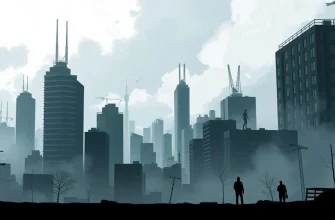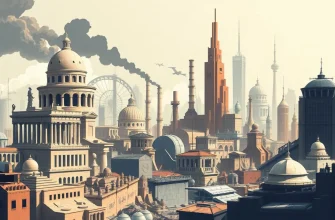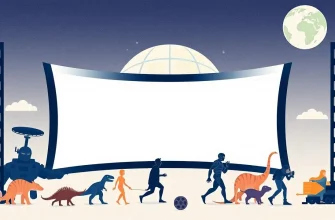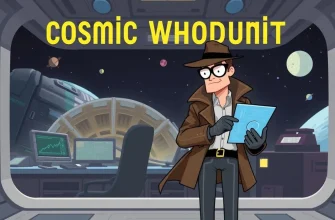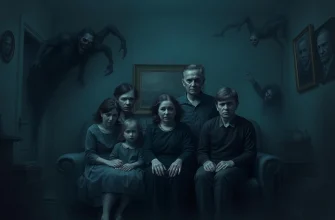In an era where the boundaries of imagination are constantly being pushed, films about new worlds offer a unique escape into realms both wondrous and terrifying. These cinematic journeys not only entertain but also challenge our perceptions of reality, society, and human nature. Here, we've compiled a list of 10 films that delve into the concept of new worlds, each providing a distinct vision of what might lie beyond our current understanding.
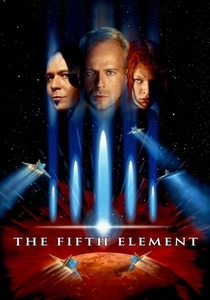
The Fifth Element (1997)
Description: Set in the 23rd century, this film blends sci-fi with comedy, where a taxi driver finds himself in the middle of a quest to save the world with the help of a mysterious woman, representing the fifth element.
Fact: The film's futuristic cityscape was inspired by the works of Jean Giraud (Moebius), a famous French comic artist.
 Watch Now
Watch Now 
The Matrix (1999)
Description: This groundbreaking film introduces us to a simulated reality created by sentient machines to subdue the human population, while their bodies are used as an energy source. It's a quintessential "new world" film, exploring themes of reality, freedom, and control.
Fact: The Wachowskis drew inspiration from various philosophical and religious texts, including Plato's Allegory of the Cave and the concept of Maya in Hinduism.
 Watch Now
Watch Now 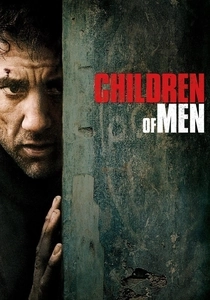
Children of Men (2006)
Description: In a world where humans have lost the ability to procreate, a former activist helps a miraculously pregnant woman escape to safety, symbolizing hope for a new world.
Fact: The film features several long, uninterrupted takes, including a famous 6-minute shot during a battle scene.
 Watch Now
Watch Now 
Equilibrium (2002)
Description: In a future where emotions are outlawed to prevent war, a government agent begins to question the system after missing his dose of emotion-suppressing drugs. It's a film about the search for a new emotional world.
Fact: The film's aesthetic was heavily influenced by German Expressionism, particularly Fritz Lang's "Metropolis."
 Watch Now
Watch Now 
The Island (2005)
Description: In a seemingly utopian facility, inhabitants are told they are survivors of a global contamination, but the truth reveals a much darker reality about their existence and the search for a new world.
Fact: The film's concept was inspired by a real-life cloning scandal involving South Korean scientist Hwang Woo-suk.
 Watch Now
Watch Now Avatar (2009)
Description: James Cameron's epic tale transports viewers to Pandora, a lush alien world inhabited by the Na'vi, where humans seek to exploit the planet's resources. It's a story about the clash between nature and technology, and the quest for a new home.
Fact: Avatar was the first film ever to be released in 3D worldwide, revolutionizing the film industry with its visual effects.
 Watch Now
Watch Now 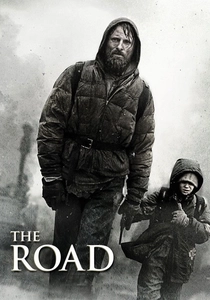
The Road (2009)
Description: This bleak yet poignant film follows a father and son as they navigate a post-apocalyptic world, searching for signs of life and hope in a new, harsh reality.
Fact: The film was shot in locations that naturally resembled a post-apocalyptic landscape, reducing the need for CGI.
 Watch Now
Watch Now 
The Hunger Games (2012)
Description: Set in a dystopian future where the Capitol controls the twelve districts through an annual event where children fight to the death, this film explores themes of oppression, survival, and the quest for a better world.
Fact: The film's arena was inspired by the Roman Colosseum, reflecting the brutal entertainment of the ancient world.
 Watch Now
Watch Now 
Elysium (2013)
Description: In a future where the wealthy live on a luxurious space station named Elysium, while the rest of humanity suffers on a ruined Earth, one man's quest for equality could change the world.
Fact: The film's title "Elysium" refers to the Elysian Fields, the final resting place of the heroic and virtuous in Greek mythology.
 Watch Now
Watch Now 
WALL-E (2008)
Description: Pixar's animated masterpiece presents a future where Earth has become uninhabitable, and humans live in a giant spaceship. WALL-E, a waste-collecting robot, embarks on a journey that could lead to a new world for humanity.
Fact: WALL-E has no dialogue for the first 39 minutes of the film, relying on visual storytelling.
 30 Days Free
30 Days Free 

